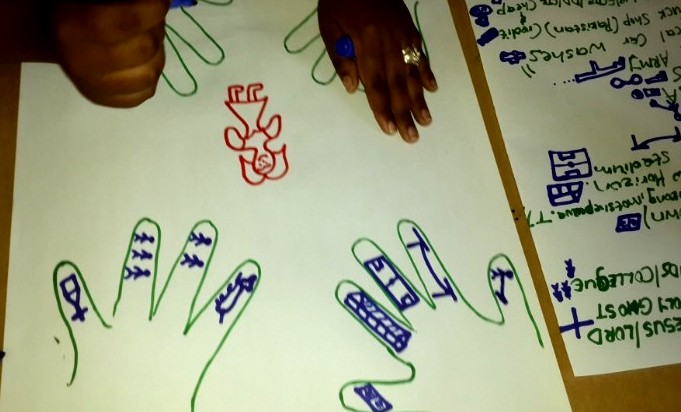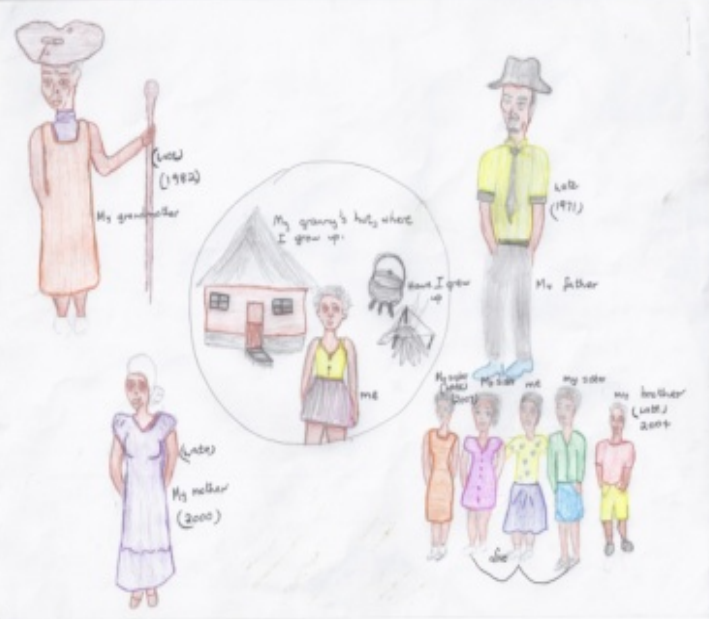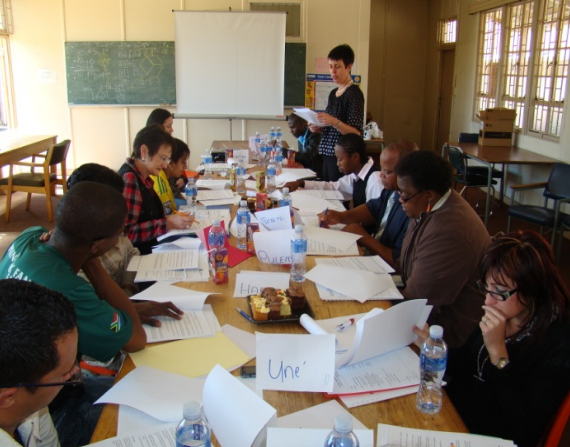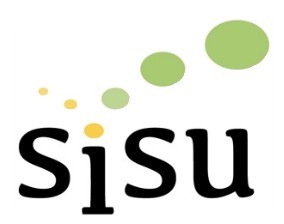Dr Angelique van Rensburg and Prof Linda Theron and a team of local research assistants are replicating the original Pathways to Resilience mixed methods study in the Vaal Triangle. Three waves of data collection (2015, 2017, 2018) have been planned. Whilst the team waits to collect the third wave of data, they are comparing the data generated in Wave 1 and Wave 2.
Networks for Change and Well-being: Girl-led ‘from the ground up’ policy-making to address sexual violence in Canada and South Africa
In this bilateral study, lead by Prof. Claudia Mitchell (McGill University) and Prof Lebo Moletsane (UKZN), my role relates to using visual methodologies to give voice (as it were) to the stories of resilience that form part of why some young women cope well with sexual abuse. Our aim is to use the knowledge that young women produce to galvanize policy change and champion the wellbeing and protection of young women.
Retrospective Reflections on Resilience
In this project funded by NRF-incentive funding, Prof Tinie Theron (Executive Dean, Faculty of Humanities, Vaal Triangle Campus, North-West University) and I are interacting with university students who know marginalisation on account of race, sex, and/or economic disadvantage. All participating students were originally nominated to the project because peers / community members consider them to be resilient, and because they have demonstrated academic success. From their volunteered life stories, and hand-drawn reflections, we are gaining insight into the culturally- and contextually-sensitive processes that have influenced, and are influencing, their resilience. In particular, this draws attention to discourses (such as the valorisation of education – see Theron, 2015) that need to be interrogated in order to truly champion resilience.
Pathways to Resilience Project
The original Pathways to Resilience Project (2009-2014) was a five country study of young people’s formal and informal pathways to resilience. Together with Dr Michael Ungar (www.resilienceresearch.org), I was co-principal investigator. Canadian, Chines, Colombian, New Zealand and South African young people, placed at risk by marginalisation, socio-economic disadvantage, gender stereotypes, and other challenges, were invited to participate. In South Africa, 1209 Sesotho-speaking young people from two rural communities in the Eastern Free State collaborated in the project. The resulting findings flag that informal culturally- and contextually-sensitive processes are most likely to underpin young people’s resilience, and that some of these have dubious value to sustain resilience in the long term. In South Africa we have extended the original project (Pathways to Resilience Project ii, 2015-2016) to include young people from urban areas. We are eager to learn whether urban young people will report similar pathways to positive adjustment.
The Pathways to Resilience Project prompted the Khazimula Intervention. This intervention is explained in the following short videos:
Introduction:
Youth-directed example of DREAM:
Youth-directed example of CONNECT:
Youth-directed example of DO:
Community-directed example of SUPPORTIVE SOCIAL ECOLOGIES:
Conclusion:
The SISU project
Social ecologies of resilience among at-risk children starting school in South Africa and Finland: A visual participatory study (SISU)
The Promise and Power of University Education among Students from Disadvantaged Backgrounds: A qualitative inquiry
Prof Michael Steger, Colorado State University (USA) and I are working with university students from disadvantaged backgrounds to better understand their experiences during their attendance at university, with particular emphasis on:
- what the pursuit of their university degree means to themselves, their support networks, and their communities,
- the challenges they may have encountered in working toward a university degree, and
- factors that have assisted (or obstructed) their progress through and experience with university education.
Our aim is to disseminate ensuing learning to relevant social ecological stakeholders (including the communities from which students come) in order to support students to optimize university education, and in doing so, potentially support students’ resilience processes.



